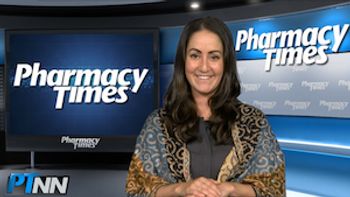
This weekly video program provides our readers with an in-depth review of the latest news, product approvals, FDA rulings, and more. Our Week in Review is a can't miss for the busy pharmacy professional.

This weekly video program provides our readers with an in-depth review of the latest news, product approvals, FDA rulings, and more. Our Week in Review is a can't miss for the busy pharmacy professional.

A new study examines how chemoresistance evolves over time, which could lead to improved patient outcomes and survival.

According to the case study, an acute myeloid leukemia patient has remained cancer free for 9 months following treatment with the chimeric antigen receptor (CAR) T-cell treatment, CYAD-01, and a bone marrow transplant.

Top news of the day from across the health care landscape.

John Giannouris, vice president, Specialty Pharmacy Services, ValueCentric, discusses how data aggregators work with pharmacies and manufacturers to boost patient support services.

Text messages proactively gauge patients' struggle with opioid addiction to prevent relapse.
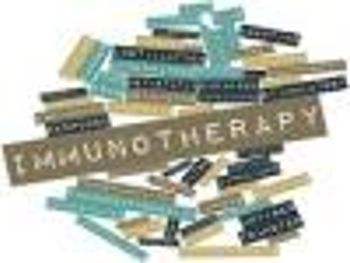
A dual immune-checkpoint blockade efficiently controlled the development of chronic lymphocytic leukemia by restoring functional antitumor immune response.
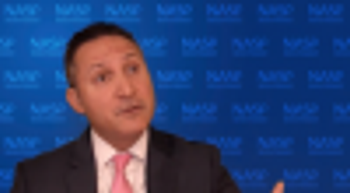
Luis Torres, MBA, vice president, Managed Care, BioPlus Specialty Pharmacy, discusses the importance of co-pay assistance programs for costly specialty drugs.

Top news of the day from across the health care landscape.
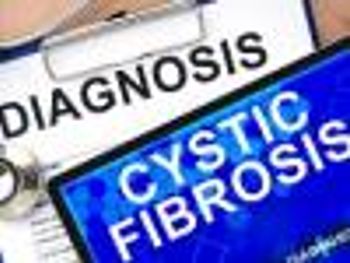
Rates of hospital inpatient admissions before and during use of ivacaftor found that overall and cystic fibrosis-related inpatient admissions fell by 55% and 81%, respectively.

The development and uptake of antiretroviral therapy for HIV has reduced the risk of certain cancers were previously prevalent.

Only a small portion of latently infected cells are reactivated by latency-reversing agents.

RBP-7000 is an investigational, subcutaneously administered extended-release treatment for schizophrenia.
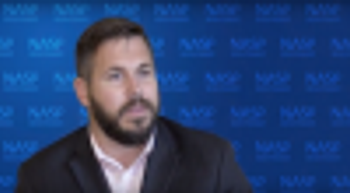
Christopher W. Kennedy, MSM, Chief Operating Officer, Heritage Biologics, discusses how data can translate to improvements in patient care.

Top news of the day from across the health care landscape.

Artificial intelligence could take over medication dispensing in the next 50 years.

Kansas sought to cap Medicaid benefits at 3 years, a proposal that health care providers, hospitals, and advocates called cruel.

Pharmacy information systems streamline and standardize the data entry process, reduce errors, and save countless hours of labor.

Top news of the day from across the health care landscape.
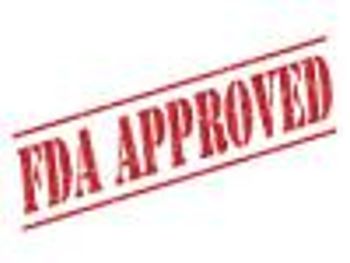
The combination therapy dabrafenib plus trametinib approved for the treatment of BRAF V600 mutation-positive anaplastic thyroid cancer that cannot be removed by surgery or is metastatic.

Lonafarnib, a farnesyltransferase inhibitor, extended survival in patients with Hutchinson-Gilford progeria syndrome, or progeria.

PaxVax, an independent specialty vaccine company, is developing the prophylaxis.
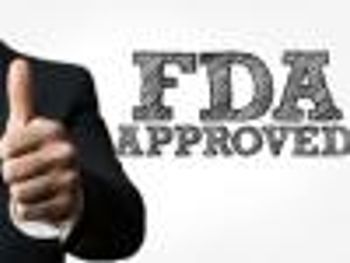
Tisagenlecleucel (Kymriah, Novartis) is now approved for the treatment of diffuse large B-cell (DLBCL) lymphoma, as well as high grade B-cell lymphoma and DLBCL arising from follicular lymphoma.

Top news of the day from across the health care landscape.
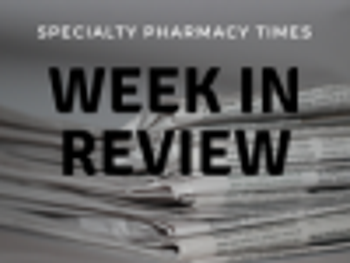
Top news of the week from Specialty Pharmacy Times.

Trametinib plus dabrafenib is the first oral targeted adjuvant combination therapy to demonstrate significant clinical benefit in patients with a BRAF V600 mutation, following complete surgical resection.

The study found a calculable personal genetic risk score that was applicable to approximately 60,000 patients.
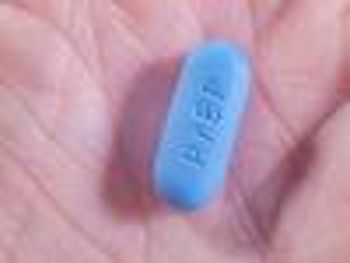
Although current guidelines recommend that HIV primary care intervals do not exceed 6 months, gaps in care up to 9 months do not worsen viral load for patients.
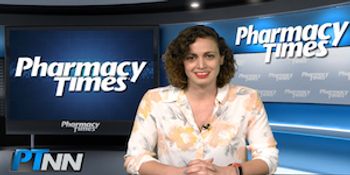
This weekly video program provides our readers with an in-depth review of the latest news, product approvals, FDA rulings, and more. Our Week in Review is a can't miss for the busy pharmacy professional.

Top news of the day from across the health care landscape.